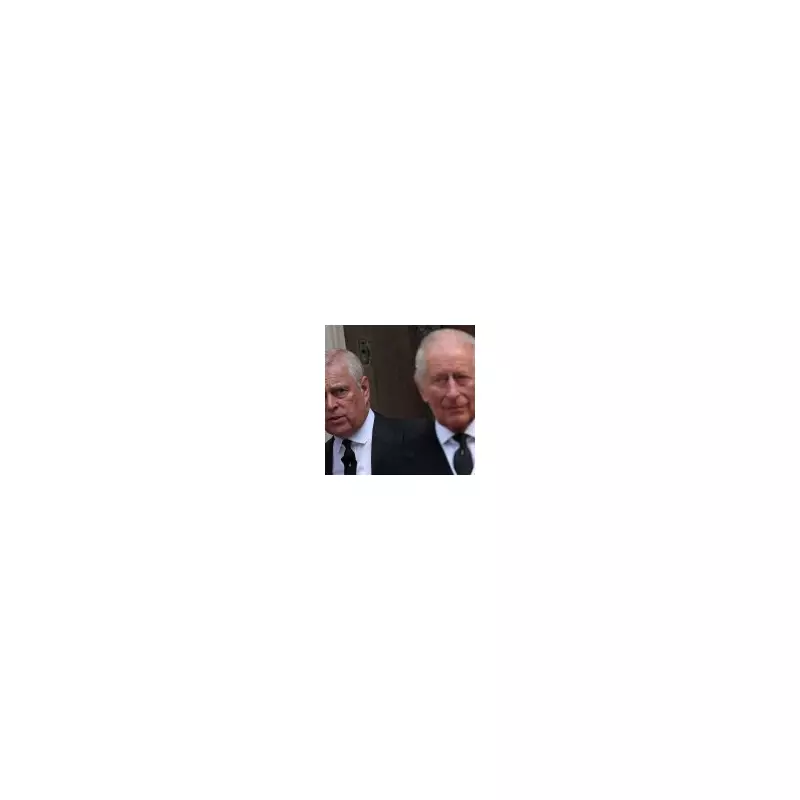
Buckingham Palace was plunged into a significant internal crisis after court documents revealed that Prince Andrew repeatedly intervened to prevent the issuance of official statements expressing support for survivors of sexual abuse.
The revelations emerged from legal filings connected to the late financier Jeffrey Epstein, painting a picture of a royal household deeply divided over how to handle the Duke of York's controversial associations.
Multiple Blocked Attempts
According to the evidence presented, palace officials drafted several versions of public statements that would have expressed sympathy and support for victims of sexual abuse. However, each attempt was reportedly thwarted by Prince Andrew himself, who refused to endorse any wording that acknowledged the survivors' experiences.
This obstruction occurred during a period when the royal family faced mounting pressure to address Andrew's connections to Epstein, who died in prison while awaiting trial on sex trafficking charges.
Growing Royal Tensions
The blocked statements would have represented the palace's first official recognition of the victims affected by Epstein's crimes. Their suppression highlights the extent to which Andrew resisted accountability measures, even as his position within the royal family became increasingly untenable.
One source close to the situation described "significant frustration" among senior palace staff who believed that supporting abuse survivors was both a moral imperative and necessary for protecting the monarchy's reputation.
Legal Fallout Continues
These revelations come from documents unsealed in Virginia Giuffre's lawsuit against Prince Andrew, which was settled out of court in 2022 for a reported £12 million. The newly uncovered evidence suggests the palace faced much deeper internal struggles over the Andrew-Epstein scandal than previously understood.
The documents portray a royal institution grappling with how to balance family loyalty against public expectation and moral responsibility during one of the most damaging episodes in recent royal history.





